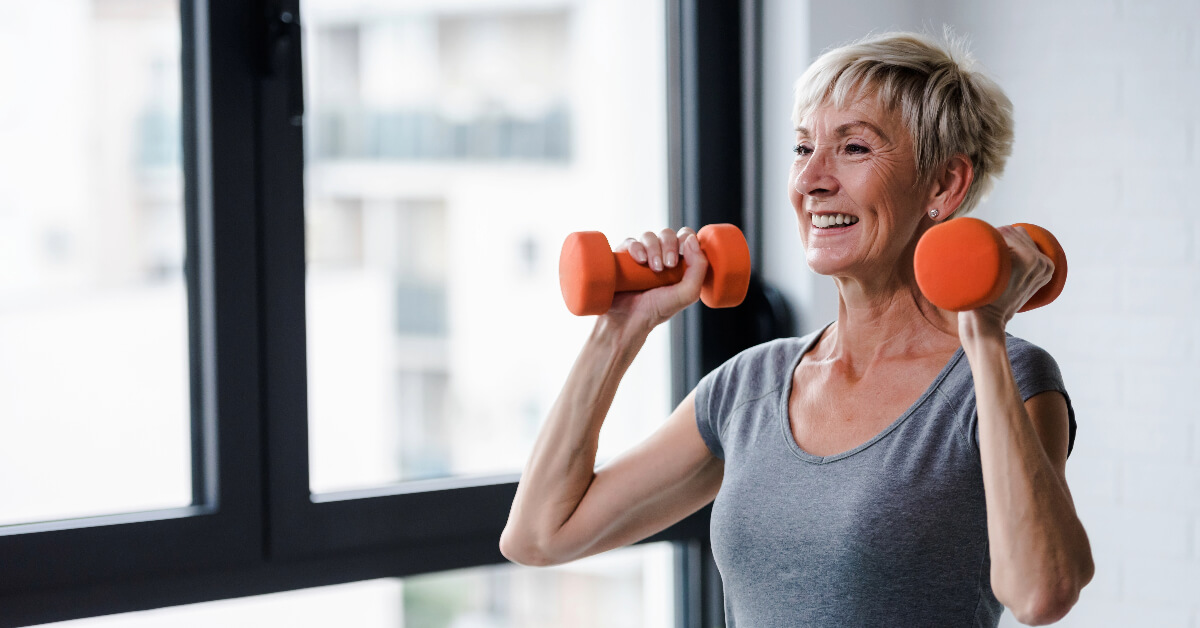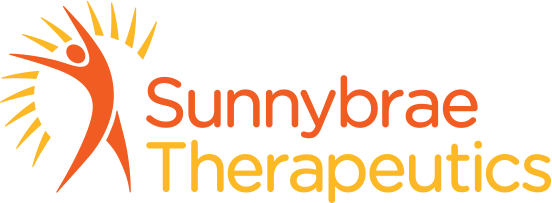Aging is an inevitable part of life’s journey. While it brings its own set of challenges, maintaining an active lifestyle can significantly enhance the quality of our later years. Physical activity isn’t just for the young; it’s a powerful tool for promoting health, independence, and overall well-being as we age.

Here are some of the benefits of staying physically active in our golden years.
1. Enhanced Physical Fitness
Regular physical activity helps us maintain strength, flexibility, and endurance. Engaging in activities, such as walking, swimming or yoga, can keep our muscles and joints supple, reducing the risk of falls and injuries. Maintaining physical fitness allows us to continue performing daily activities independently and with ease.
2. Improved Cardiovascular Health
Heart health is crucial at any age but it becomes even more critical as we grow older. Engaging in aerobic exercises like brisk walking, cycling, or dancing helps to strengthen the heart and improve circulation. This can lower the risk of heart disease, high blood pressure, and stroke, contributing to a longer, healthier life.
3. Weight Management
Aging often brings metabolic changes that can lead to weight gain. Regular physical activity helps us manage our weight by burning calories and maintaining a healthy metabolic rate. It also preserves lean muscle mass, which can decrease with age and contribute to weight gain.
4. Enhanced Bone Health
Osteoporosis, a condition characterized by weak and brittle bones, is common in older adults, especially women. Weight-bearing exercises like weightlifting or walking can help maintain bone density and reduce the risk of fractures.
5. Mental Well-Being
Physical activity has profound effects on mental health. It stimulates the release of endorphins, which are natural mood lifters, and reduces stress hormones like cortisol. Staying active can help manage symptoms of anxiety and depression, boost cognitive function, and improve sleep quality – all vital aspects of mental well-being as we age.
6. Social Engagement
Participating in group activities or exercise classes provides an opportunity for social interaction. Maintaining a robust social network is essential for emotional health and can prevent feelings of loneliness and isolation, which can be common among older adults.
7. Enhanced Cognitive Function
Physical activity isn’t just good for the body; it benefits the brain, as well. Research suggests that regular exercise can help preserve cognitive function and reduce the risk of cognitive decline and dementia. Activities like dancing or learning new skills challenge the brain and promote neuroplasticity, the ability of the nervous system to change and reorganize its structure, function and connections in order to adapt.
8. Increased Independence
One of the most significant fears associated with aging is the loss of independence. Staying physically active can help older adults maintain their ability to perform daily tasks, such as dressing, cooking, and cleaning, without assistance. This self-sufficiency enhances the overall quality of life.
9. Disease Prevention
Physical activity plays a pivotal role in preventing chronic diseases that become more prevalent with age, such as type 2 diabetes, certain cancers, and heart disease. It also helps manage chronic conditions like arthritis and osteoarthritis, reducing pain and improving mobility.
10. Longevity and Vitality
While we can’t stop the clock, we can certainly slow it down. Leading an active lifestyle has been linked to increased longevity and a more vibrant, fulfilling life. By staying physically active, we can enjoy our later years with vitality and independence.
Incorporating physical activity into your daily routine doesn’t require intense workouts or extreme sports.
Even simple activities like gardening, dancing, or regular walks can have a profound impact on your health and well-being as you age. Remember, it’s never too late to start reaping the benefits of a physically active lifestyle.
